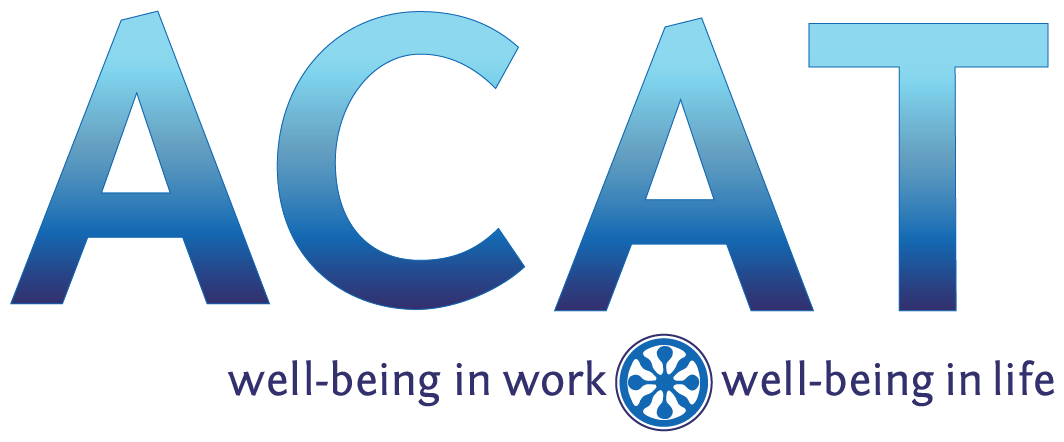No more "auto pilot": Using Alexander Technique for Mindful Movement
I recently began working with a student who has been living with Parkinson’s for 20+ years.
I remembered reading about John Pepper, who consciously retrained his movements to overcome foot drag and tremor, and became curious about how his conscious attending to his walking, typically an unconscious and habitual motor task, allowed him to perhaps create neural pathways that could compensate for or bypass the areas of his brain impacted by Parkinson’s.
Alexander Technique asks us to perform automatic tasks in a conscious and novel way.
Read moreFrom the Archives: Embracing Change (Originally published March 14, 2018)
Alexander Teachers could be considered “change agents” for the individual. We help our students expand ways of being in thinking, movement and behavior.
That can seem vague and hard to articulate, and many Alexander Teachers find ourselves momentarily tongue-ied when someone asks: “What is the Alexander Technique?”
Read moreF. M. Alexander: "You want to feel out whether you are right or not. I am giving you a conception to eradicate that. I don't want you to care a damn if you're right or not. Directly you don't care if you're right or not, the impeding obstacle is gone."
Read more7 Tips for Bringing Alexander Technique Awareness into Everyday Life
Private lessons are a great way to understand your own habits and how Alexander Technique tools can help you find greater ease in daily activities, and specialized skills. We refer to our clients as students because we are teaching skills that offer independence outside of sessions.
Read moreRate of Change
8/8/2005: When people begin studying something new (especially if it's helping them feel better), it's natural for them to want to learn all they can, right away and be a model pupil. Often, my clients get a great deal of relief when they first start to study, and because they have been in discomfort, they want to do all they can to hold onto the new state they are in. Unfortunately, you cannot hold on to a release. I am not just referring to a muscular release, I'm also referring to a release of a pattern or habit of attitude, perception or behavior.
Read moreEmbracing Change by Brooke Lieb
Alexander Teachers could be considered “change agents” for the individual. We help our students expand ways of being in thinking, movement and behavior.
That can seem vague and hard to articulate, and many Alexander Teachers find ourselves momentarily tongue-ied when someone asks: “What is the Alexander Technique?”
Read more